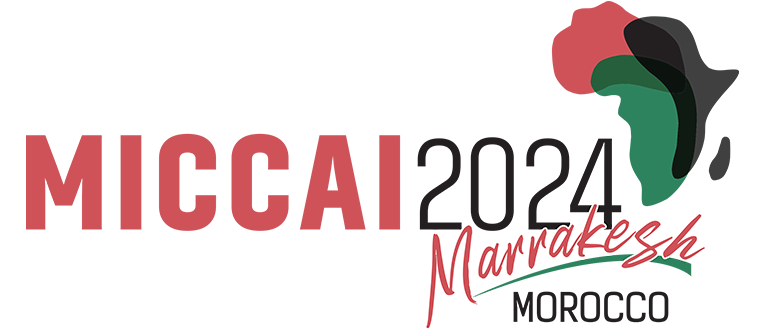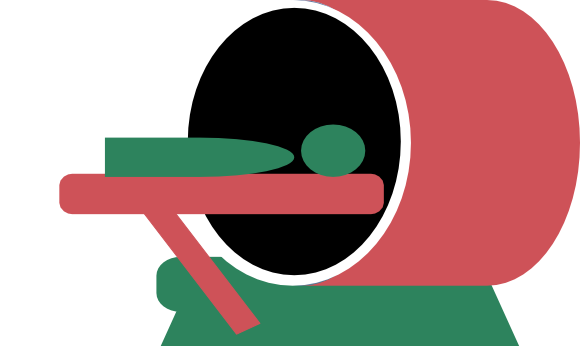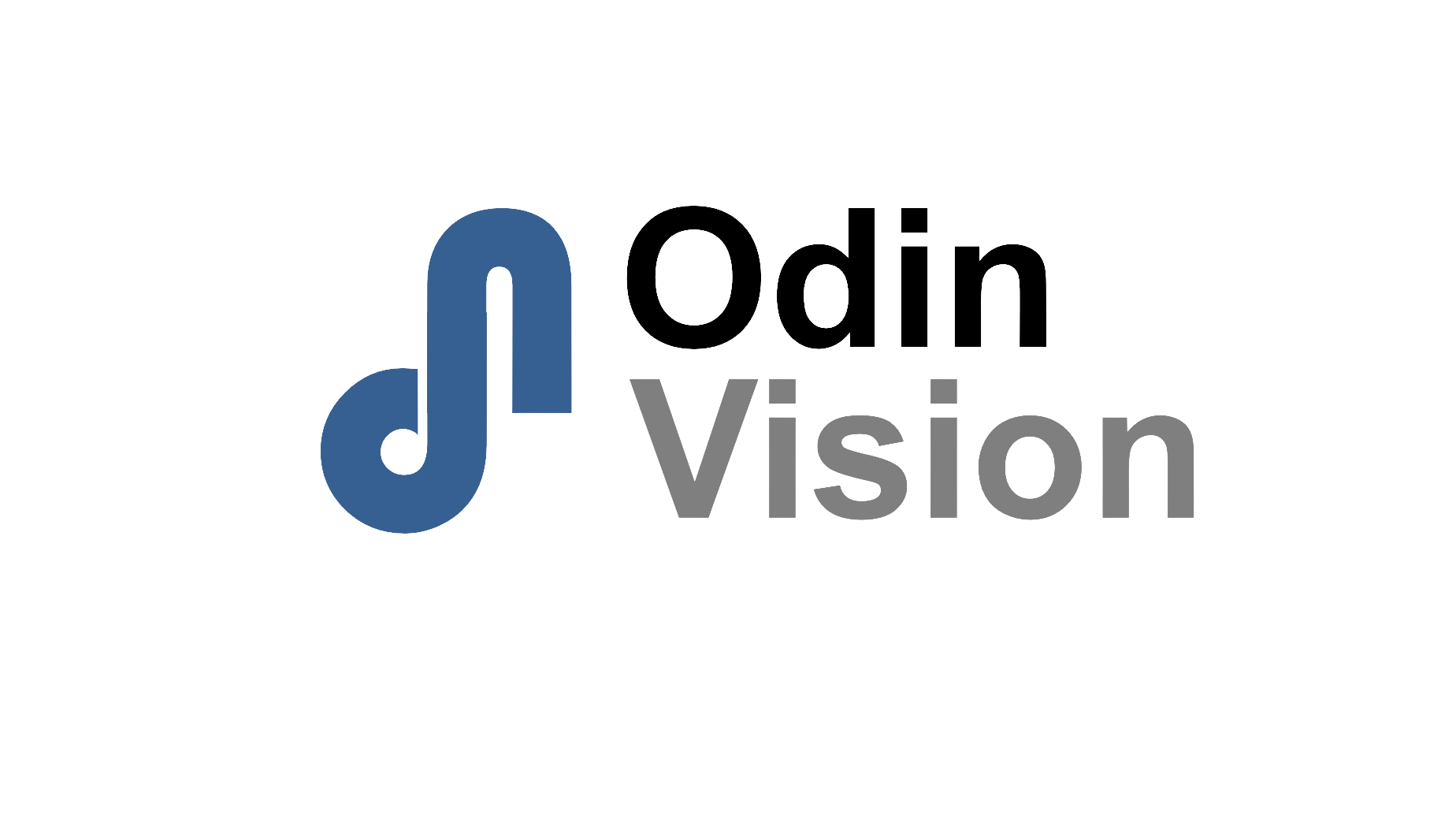News!!!
Workshop schedule : Click to see workshop schedule - CaPTion@MICCAI2024
Workshop will be conducted on 6th October 2024 at Marrakesh, Morocco
Confirmed keynotes - Academicia: Prof. Kristy Brock and Prof. Ulas Bagci; Industry: Dr Juana González-Bueno, Senior research scientist, Odin Vision
Submission open (deadline
24th29th June 2024) !!! : Click to submit your work for CaPTion@MICCAI2024
Workshop Description
While computational methods in medical imaging have enabled us to detect and assess cancerous tumors and assist in their treatment, early detection of cancer precursors provides us with an opportunity for its early treatment and prevention. The survival rate of cancer is still low, and largely depends on the affected organ and how early it is diagnosed. The variable nature of the disease in different patients and the diverse imaging acquisition types involved for quantification of disease and treatment demands robust method designs. It is therefore critical to develop generalizable methods as part of a holistic early cancer detection ecosystem -- including different data analysis methods for various modalities and optimizing cross-modality fusion for improved detection and prognosis.
The workshop will invite researchers in the field of medical imaging around the central theme of data-driven cancer detection and treatment, and strives to address the challenges that are required to be overcomed to translate computational methods to clinical practice through well designed, generalizable (robust), interpretable and clinically transferable methods. Most current methods are developed on retrospective data that do not guarantee good representation of daily clinical procedures (e.g. domain gap). We aim to identify the new ecosystem that will enable comprehensive method validation and reliability of methods, setting up a new gold standard for sample size and elaborate evaluation strategies to identify failure modes of methods when applied to real-world clinical environments.
Workshop themes
Early detection and diagnosis of cancer: learning algorithms for lesion detection in medical images, staging, risk assessment, prediction of cancer outcome (in terms of life expectancy, survivability, progression, treatment sensitivity)
Image-guided intervention for cancer treatment: Image fusion, multi-modal registration, detection, segmentation, and tracking, computer-guided interventions, augmented reality for tumor delineation and tumor resection.
Real-world data exploration for cancer prediction: Big (imaging) data analysis, multimodal data analysis using active, semi and self-supervised learning, model-agnostic meta-learning, federated learning (sparsely labeled, data privacy), large foundational models (LLMs), and continual learning.
Cancer biomarkers: new predictive (visual) biomarker discovery in medical images, tumor data signatures, personalized cancer treatments, genomics and radiomics.
Clinically accepted evaluation methods: Identifying new evaluation metrics or gold standards (e.g., compared to widely used Dice or IoU), sample size standardization, biases, uncertainty estimation, best practices for validation, image simulation and synthesis techniques in cancer research.
Key technical themes
Medical image analysis methods targeted to the detection, diagnosis, treatment and/or monitoring of cancer that include a wide range of machine learning algorithms, workflows designed to improve patient outcome, data analysis and insights, and new imaging datasets.
Some key technical themes are listed below (not limited to):Learning algorithms & workflows (e.g., semi and self-supervised, active learning, metric learning, model-agnostic meta-learning, unsupervised learning, outlier detection, LLMs, foundational models)
Data and label efficiency (e.g., limited data problem, data imbalance problem)
Model robustness and generalisability (e.g., edge-AI, cloud-AI, quantized models for clinical application)
Explainability, fairness and data privacy (e.g., model calibration, saliency mapping and federated learning for multi-center data)
Multimodal, and multi-instance learning
Important Dates
Paper submission begins: 2nd May 2024
Submission deadline: Paper decision notification: 15th July 2024 Camera ready submission: 1st August 2024 Workshop day: 6th October 2024 Accepted papers will be published in a joint proceeding with the MICCAI 2024 conference. All papers should be formatted according to the Lecture Notes in Computer Science templates. We recommend submission up to 8-pages and 2-pages of references (same as MICCAI main conference) for a double-blind peer review process In addition, since the joint workshop has adhered to the double-blinded peer review process, we ask that you please follow the MICCAI2023 anonymity guidelines when preparing your intial submission. Accepted papers will be published in LNCS as a separate CaPTion 2024 (MICCAI Workshop), proceeding Paper 1: Multi-center ovarian tumor classification using hierarchical transformer-based multiple-instance learning Paper 2: FoTNet Enables Preoperative Differentiation of Malignant Brain Tumors with Deep Learning Paper 3: Classification of Endoscopy and Video Capsule Images using Hybrid Model Paper 4: Multimodal Deep Learning-based Prediction of Immune Checkpoint Inhibitor Efficacy in Brain Metastases Paper 5: Seeing More with Less: Meta-Learning and Diffusion Models for Tumor Characterization in Low-data Settings Paper 6: Performance Evaluation of Deep Learning and Transformer Models Using Multimodal Data for Breast Cancer Classification Paper 7: On undesired emergent behaviors in compound prostate cancer detection systems Paper 8: Optimizing Multi-Expert Consensus for Classification and Precise Localization of Barrett’s Neoplasia Paper 9: Automated Hepatocellular Carcinoma Analysis in Multi-Phase CT with Deep Learning Paper 10: Refining deep learning segmentation maps with a local thresholding approach: application to liver surface nodularity quantification in CT Paper 11: Uncertainty-Aware Deep Learning Classification for MRI-based Prostate Cancer Detection Paper 12: Generalized Polyp Detection from Colonoscopy frames Using proposed EDF-YOLO8 Network Paper 13: AI-Assisted Laryngeal Examination System Paper 14: UltraWeak: Enhancing Breast Ultrasound Cancer Detection with Deformable DETR and Weak Supervision Paper 15: SelectiveKD: A semi-supervised framework for cancer detection in DBT through Knowledge Distillation and Pseudo-labeling Paper 16: AI Age Discrepancy: A Novel Parameter for Frailty Assessment in Kidney Tumor Patients Paper 17: Deep Neural Networks for Predicting Recurrence and Survival in Patients with Esophageal Cancer After Surgery Paper 18: Treatment efficacy prediction of focused ultrasound therapies using multi-parametric magnetic resonance imaging Paper 19: SurRecNet: A Multi-Task Model with Integrating MRI and Diagnostic Descriptions for Rectal Cancer Survival Analysis Paper 20: Improved prediction of recurrence after prostate cancer radiotherapy using multimodal data and in silico simulations Paper 21: AutoDoseRank: Automated Dosimetry-informed Segmentation Ranking for Radiotherapy Paper 22: SurvCORN: Survival Analysis with Conditional Ordinal Ranking Neural Network Optical imaging: Endoscopy, OCT, Hyperspectral imaging, opto-acoustics CT/PET fusion, MRI New imaging biomarkers Multimodal imaging Ultrasound Clinical applications (not limited to): Early cancer detection and diagnosis Prognosis and prediction Tumor characterisation, cancer staging Longitudinal patient studies Surgical data science Digital histopathology Phenotypic tumor correlation CaPTion2022 Springer Proceeding CaPTion2023 Springer Proceeding Contact CaPTion team at: caption.miccai@gmail.com 24th >29th June 2024
Submission
Proceeding
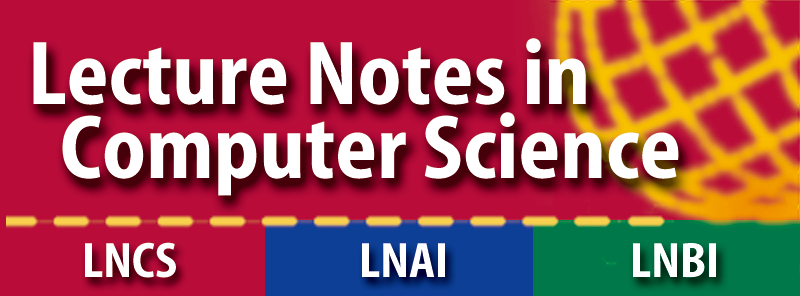
Accepted Papers
Classification and Characterisation
Cris Claessens (Eindhoven University of Technology)*; Eloy Schultz (Eindhoven University of Technology); Anna Koch (Catharina Hospital Eindhoven); Ingrid Nies (Catharina Hospital Eindhoven); Terese A.E Hellstrom (Eindhoven University of Technology); Joost Nederend (Catharina Hospital Eindhoven); Ilse Niers-Stobbe (Amphia Hospital Breda); Annemarie Bruining (Dutch Cancer Institute - Antoni van Leeuwenhoek Hospital); Jurgen Piek (Catharina Hospital Eindhoven); P. H. N. de With (Eindhoven University of Technology); Fons van der Sommen (Dept. Electrical Engineering, Eindhoven University of Technology, Eindhoven, NL)
Chenyi Hong (Zhejiang University - University of Illinois Urbana-Champaign Institute, Zhejiang University); Hualiang Wang (University of Science and Technology); Zhuoxuan Wu (Sir Run Run Shaw Hospital, College of Medicine, Zhejiang University); Zuozhu Liu (Zhejiang-UIUC Institute); Junhui Lv (Sir Run Run Shaw Hospital, College of Medicine, Zhejiang University)*
Aliza Subedi (Paschimanchal Campus)*; Smriti Regmi (Pashchimanchal Campus); Nisha Regmi Paudel (Northwestern University); Bhumi Shankar Bhusal (Northwestern University); Ulas Bagci (Northwestern University); Debesh Jha (Northwestern University)
Tobias R Bodenmann (Harvard Medical School)*; Christopher P Bridge (Massachusetts General Hospital); Albert Kim (Harvard Medical School)
Eva Pachetti (Institute of Information Science and Technologies of the National Research Council of Italy)*; Sara Colantonio (Institute of Information Science and Technologies of the National Research Council of Italy)
Sadam Hussain (Tecnologico de Monterrey)*; Mansoor Ali Teevno (Tecnologico de Monterrey); Usman Naseem (Macquarie University); Beatriz A. Bosques Palomo (Tecnológico de Monterrey); Mario A Monsivais (Tecnologico de Monterrey); Jorge Alberto Garza Abdala (Tecnologico de Monterrey); Daly Betzabeth Avendaño Avalos (Tecnologico de Monterrey); Servando Cardona-Huerta (Tecnologico de Monterrey); T. Aaron Gulliver (University of Victoria); Jose G Tamez-Peña (Tecnologico de Monterrey)Detection and Segmentation
Erlend Sortland Rolfsnes (University of Stavanger); Philip Thangngat (University of Stavanger); Trygve Eftestøl (University of Stavanger); Alvaro Fernandez-Quilez (University of Stavanger)*
Carolus H.J. Kusters (Eindhoven University of Technology)*; Tim G.W. Boers (Eindhoven University of Technology); Tim J.M. Jaspers (Eindhoven University of Technology); Martijn Jong (Amsterdam UMC); Rixta van Eijck van Heslinga (Amsterdam UMC); Albert de Groof (Amsterdam UMC); Jacques Bergman (Amsterdam UMC); Fons van der Sommen (Dept. Electrical Engineering, Eindhoven University of Technology, Eindhoven, NL); P. H. N. de With (Eindhoven University of Technology)
Krzysztof Kotowski (KP Labs); Bartosz Machura (Graylight Imaging); Damian Kucharski (Silesian University of Technology); Benjamin Gutierrez Becker (Roche); Agata Krason (Roche); Jean Tessier (Roche); Jakub Nalepa (Silesian University of Technology)*
Sisi YANG (Assistance Publique des Hôpitaux de Paris)*; Alexandre Bône (Guerbet Research); Thomas Decaens (CHU Grenoble); Joan Glaunès (Université Paris 5)
Kamilia TAGUELMIMT (LaTIM, UMR1101, INSERM, University of Brest)*; Hong-Phuong Dang (LaTIM, UMR1101, INSERM, University of Brest ECAM Rennes - Louis de Broglie); Gustavo Andrade-Miranda (LaTIM UMR 1101, INSERM, University of Brest); Dimitris Visvikis (LaTIM, Inserm); Malavaud Bernard (Surgery Department, Institut Claudius Regaud, Institut Universitaire du Cancer Toulouse Oncopole); Julien Bert (LaTIM, Inserm)
Alyaa E. Amer (Arab Academy for Science and Technology); Alaa Hussien (Pharos University); Noushin Ahmadvand (University of West London); Sahar Magdy (Pharos University); Abas Abdi (University of West London); Nasim Dadashi Serej (University of west london); Noha Ghatwary (Arab Academy for Science and Technology)*; Neda Azarmehr (University of West London)
Chiara Baldini (Istituto Italiano di Tecnologia)*; Muhammad Adeel Azam (Italian Institute of Technology); Madelaine Thorniley (Italian Institute of Technology); Claudio Sampieri (University of Genoa); Alessandro Ioppi ("S. Chiara" Hospital, Azienda Provinciale per i Servizi Sanitari); Giorgio Peretti (University of Genoa); Leonardo De Mattos (Italian Institute of Technology)
Ufaq Jeelani Khan (Mohamed bin Zayed University of Artificial Intelligence)*; Umair Nawaz (Mohamed bin Zayed University of Artificial Intelligence); Abdulmotaleb Elsaddik (MBZUAI)
Laurent Dillard (Lunit Inc.); Hyeonsoo Lee (Lunit Inc.); Weonsuk Lee (Lunit Inc.); Tae Soo Kim (Lunit Inc.); Ali Diba (Lunit Inc.)*; Thijs Kooi (Lunit Inc.)Cancer/Early Cancer Detection, Treatment, and Survival Prognosis
Nicholas E Heller (University of Minnesota)*; Rebecca Campbell (Cleveland Clinic); Andrew Wood (Cleveland Clinic Foundation); Michal Ozery-Flato (IBM Research); Vesna Barros (IBM Research); Maria Gabrani (IBM Research); Michal Rosen-Zvi (IBM); Erick Remer (Cleveland Clinic); Resha Tejpaul (University of Minnesota); Vidhya Ramesh (University of Minnesota); Nikolaos Papanikolopoulos (University of Minnesota); Steven Campbell (Cleveland Clinic); Robert Abouassaly (Cleveland Clinic); Chris Weight (Cleveland Clinic); Gabriel Wallerstein-King (Cleveland Clinic); Jayant Siva (Cleveland Clinic); Clara Goebel (Cleveland Clinic); Angelica Bartholomew (Cleveland Clinic); Rikhil Seshadri (Cleveland Clinic); Beatriz Lopez-Morato (Cleveland Clinic); Jason Scovell (Cleveland Clinic); Subodh Regmi (University of Minnesota); Ryan Ward (Cleveland Clinic)
Yuhan Zheng (University of Oxford)*; Bartlomiej W Papiez (University of Oxford)
Amanpreet Singh (University of Utah)*; Samuel I Adams-Tew (University of Utah); Sara Johnson (University of Utah); Henrik Odeen (University of Utah); Jill Shea (University of Utah); Audrey Johnson (University of Utah); Lorena Day (University of Utah); Alissa Pessin (University of Utah); Allison Payne (University of Utah); Sarang Joshi (University of Utah, USA)
Runqi Meng (Shanghaitech University)*; Zonglin Liu (Fudan University Shanghai Cancer Center); Yiqun Sun (ShanghaiTech University); Dengqiang Jia (Hong Kong Centre for Cerebro-cardiovascular Health Engineering); Lin Teng (ShanghaiTech University); Qiong Ma (Fudan University Shanghai Cancer Center); Tong Tong (Fudan University Shanghai Cancer Center); Kaicong Sun (ShanghaiTech University); Dinggang Shen (ShanghaiTech University)
Valentin Septiers (Univ Rennes, France)
Zahira Mercado (University of Bern); Amith J Kamath (University of Bern)*; Robert Poel (Inselspital Bern); Jonas Willmann (University Hospital Zurich); Ekin Ermis (University Clinic for Radio-oncology, University Hospital Inselspital); Elena Riggenbach (University Clinic for Radio-oncology, University Hospital Inselspital); Lucas Mose (University Clinic for Radio-oncology, University Hospital Inselspital); Nicolaus Andratschke (University Hospital Zurich); Mauricio Reyes (University of Bern)
Muhammad Ridzuan (MBZUAI)*; Numan Saeed (Mohamed Bin Zayed University of Artificial Intelligence); Fadillah Adamsyah Maani (Mohamed Bin Zayed University of Artificial Intelligence); Karthik Nandakumar (Mohamed Bin Zayed University of Artificial Intelligence); Mohammad Yaqub (Mohamed Bin Zayed University of Artificial Intelligence)Call for Papers
Imaging themes (not limited to):
Organising committee
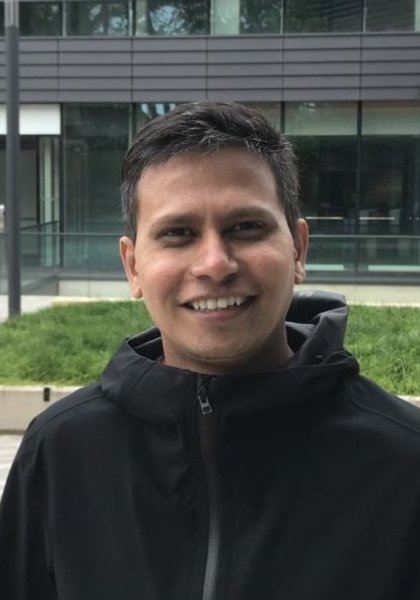
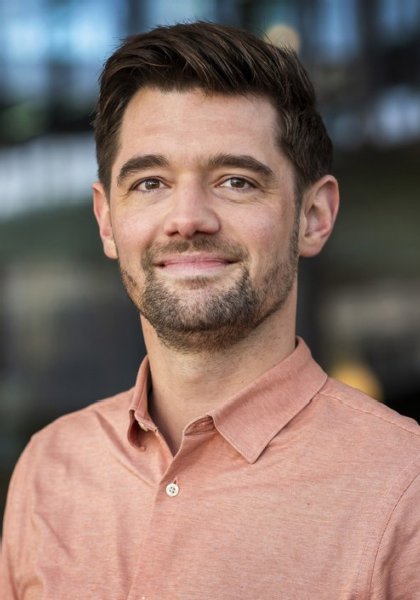
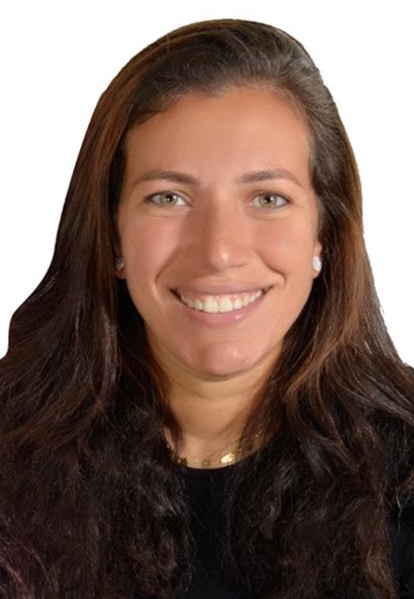
Sharib Ali
University of Leeds, UK Fons van der Sommen
TU/e, Eindhoven, The NetherlandsNoha Ghatwary
AASTMT, Egypt
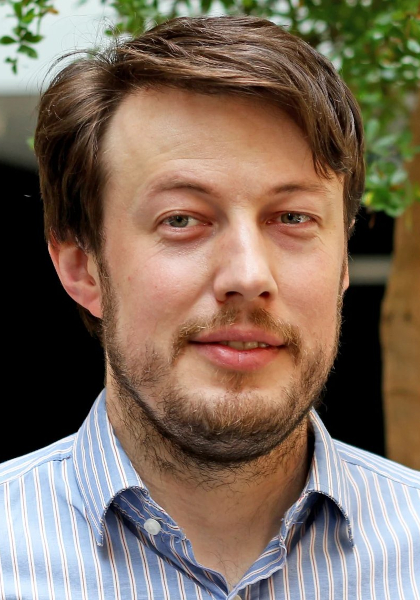
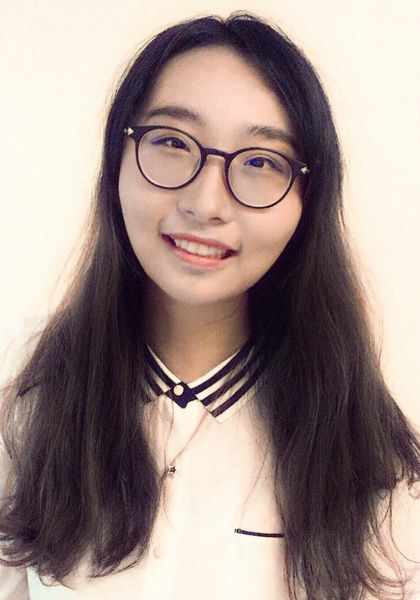
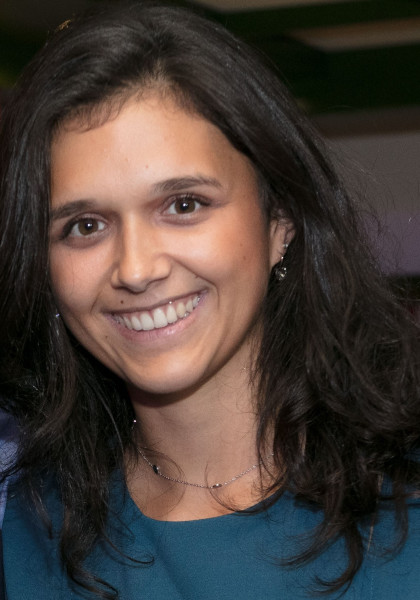
Bartek Papiez
University of Oxford, UK Yueming Jin
National University of Singapore Iris Kolenbrander
TU/e, Eindhoven, The NetherlandsStudent Representatives
Raneem Toman
University of Leeds, UK
Pedro Chavarrias Solano
University of Leeds, UK Sponsors
Previous workshops
Contact us
